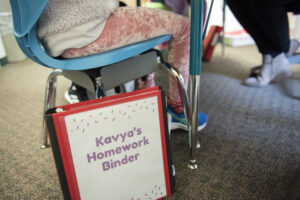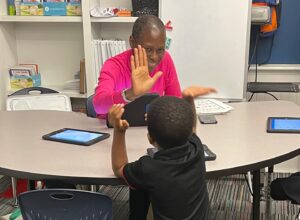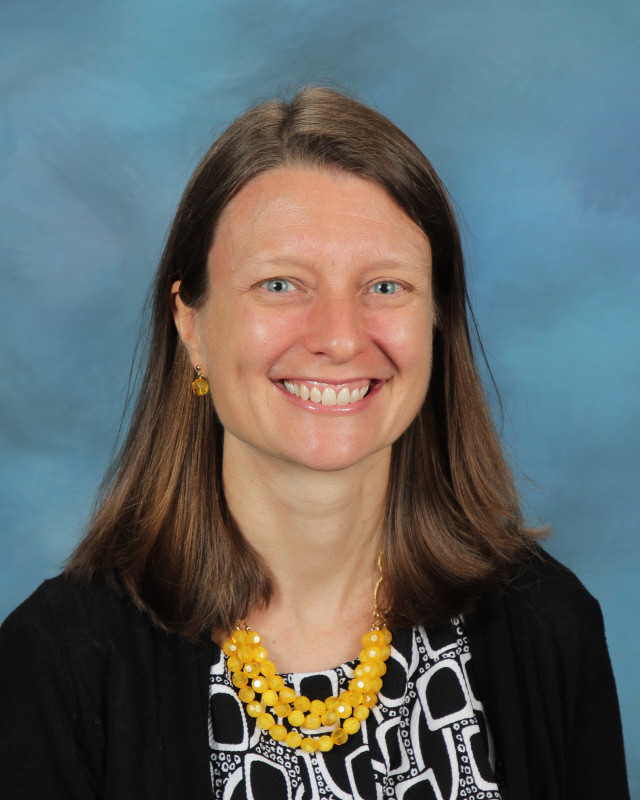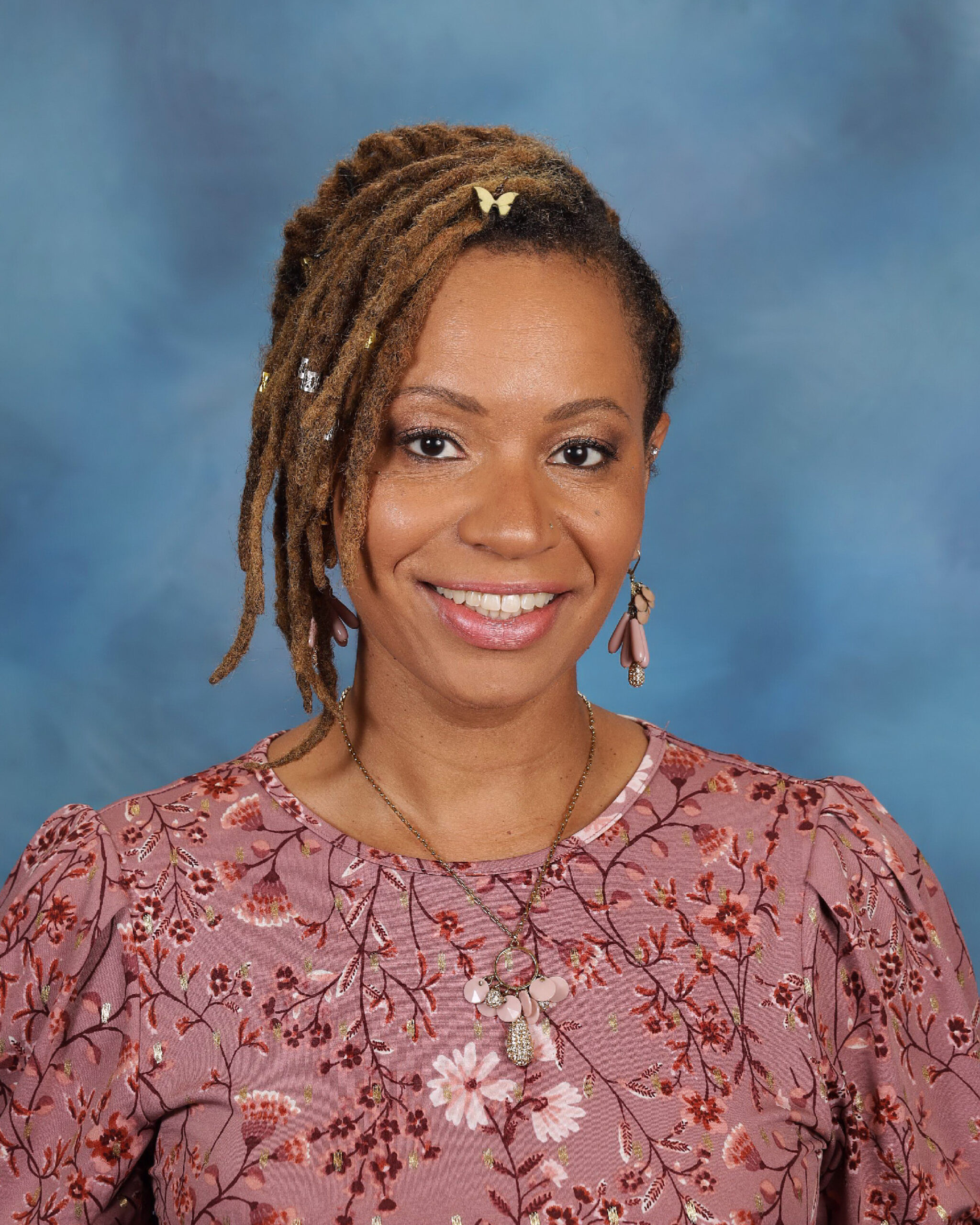Furthering Access
Underpinning everything we do are our Core Values and our commitment to Furthering Access.
Twenty percent of children – or 1 in 5 students – have learning and attention issues, yet only a small subset receive the specialized instruction or accommodations they need. Access to services, like those Hill offers, are too frequently predictable by a family’s income level or racial background. These realities are what compel Hill to formalize our commitment to Furthering Access:
We actively work to reach, engage, and retain students and educators representing all races, ethnicities, sexual orientations, gender identities, and socioeconomic classes to experience and benefit fully from Hill programs and practices.
Hill was founded on principles of diversity and inclusion: to support students who were not thriving due to their learning differences. For much of our history, however, Hill’s programs predominantly served white, relatively privileged populations. In 2015, Hill began explicitly examining how our programs serve students and educators with a range of backgrounds, experiences, and perspectives and began to make changes to increase access and belonging for all.
Furthering Access is a framework that builds on this work, driving Hill toward greater inclusiveness and more equitable practices, and committing us to specific progress across all program areas and operations. Currently, we are focused on three primary areas for Furthering Access at Hill: access to student programs; access to research-based tools and trainings; and organizational resilience and belonging.
Access to Student Programs

Hill directly serves students through three Student Programs – School, Summer, and Tutoring. As we move forward, we aspire to increase access and belonging, especially for marginalized students and families. A sample of our near-term priorities includes:
- Increasing available financial assistance to participate in Hill programs, and reviewing all costs associated with attendance to reduce financial and logistical barriers as much as possible
- Supporting educator-led efforts to learn and apply equitable grading principles and improve enhance curricular content areas to all students see themselves represented
- Building staff capacity in our Tutoring program to support increased access for learners across the Triangle
Access to Research-Based Tools & Trainings
Hill offers a range of a range of Professional Learning and Community Education programs. We aspire that any educator, parent, or professional engaging with Hill’s research-based tools and trainings finds them accessible, relevant, and effective for their students.

Key near-term priorities include:
- Offering an expanded suite of affordable, flexible training and support for educators, focused initially on the science of reading, math, learning differences and ADHD, and executive function
- Continuing to increase awareness and relevance of our free, open Community Education Series for parents, educators, and professionals
Organizational Resilience & Belonging

We believe that with every organizational and programmatic decision we make, we must ask the question of whether we believe it will help advance or hinder our commitment to Furthering Access. Near-term priorities to push us toward that goal include:
- Developing meaningful progress reports, underpinned by quantitative and qualitative data and development of concrete goals
- Expanding Hill’s approach to DEI work to empower leadership and action across all levels and functions at Hill, with clear roles and accountability
- Developing and strengthening partnerships as an intentional part of furthering access
The Furthering Access framework touches everything we do at Hill, and we know it will evolve as we grow and learn each year.
Watch
A Marked Difference
The Impact of Literacy Intervention Tutoring
Hill had the opportunity to work directly with educators and students in two schools in Durham, N.C.: Eastway Elementary School and Maureen Joy Charter School. This video shows the impact of literacy intervention tutoring.

Press
Addressing foundational reading gaps
Edgecombe County Public Schools
Hill Learning Center has been partnering with Edgecombe County Public Schools since 2014. With a strong foundation in place, this year’s expanded partnership brings more literacy intervention tutors to Edgecombe County elementary schools to help close the reading gap.

